What Is The Average Size Of A Kidney Cyst
Last Updated December 20th, 2021
Overview
Kidneys are the organs of the human body which are essential for sustaining life. Kidneys are responsible for the purification of the claret by eliminating the waste products from the torso in the class of urine. On a daily footing, the kidneys process about 200 quarts of blood and excrete 1-2 quarts of urine. Filtration chapters of the kidneys may exist impacted by multiple etiological factors. These factors, combined with the structural and functional abnormalities of the kidneys give rise to a number of kidney diseases. A widespread form of kidney disease is "Kidney Cysts". It is more common in elderly women than in men of the same historic period. Based on the facts produced by the National Constitute of Diabetes and Digestive and Kidney Diseases, around 10% of the kidney cysts occur spontaneously.
Definition of kidney cyst
 Kidney cysts are defined as abnormal fluid-filled outgrowths on the walls of the kidneys. They may appear singly or in clusters. Usually, kidney cyst conditions are symmetric in nature. This means that if ane of the kidneys develop cysts, the other one is probable to develop cysts at some point in time. Unproblematic kidney cysts of minor severity do not crusade complications. Virtually 25% of the people in a higher place the age of 40 develop unproblematic kidney cysts. But complex cysts or polycystic weather condition tin lead to serious complications. Enlargement of the kidneys may occur in this condition, which in turn can adversely affect the filtration chapters of the kidneys.
Kidney cysts are defined as abnormal fluid-filled outgrowths on the walls of the kidneys. They may appear singly or in clusters. Usually, kidney cyst conditions are symmetric in nature. This means that if ane of the kidneys develop cysts, the other one is probable to develop cysts at some point in time. Unproblematic kidney cysts of minor severity do not crusade complications. Virtually 25% of the people in a higher place the age of 40 develop unproblematic kidney cysts. But complex cysts or polycystic weather condition tin lead to serious complications. Enlargement of the kidneys may occur in this condition, which in turn can adversely affect the filtration chapters of the kidneys.
What causes kidney cyst?
Kidney cyst is caused past a number of extrinsic and intrinsic factors. The common factors are listed below-
- Shortage of blood supply to the kidneys
- Blockage of the tubules that are responsible for the drove of urine
- An occurrence of diverticula or sacs on the tubules, that transform into simple cysts once they are detached from the surface of the tubules
- Reduced glomerular permeability with historic period
- Bacterial infections induced past Escherichia coli or Chlamydia
- Obstacle of the renal tract or tubules due to the excess degradation of calcium (Hypercalciuria), protein (Proteinuria) or uric acid wastes
- Congenital defects of the urinary tract structures
- Presence of scars or medullary sponge kidney
- Sure medications similar corticosteroids, androgenic drugs, anti-depressants, anti-diuretic and tranquilizers that adversely touch the kidney health
- Deficiency of essential vitamins and micronutrients in the body
- Existing medical illnesses similar Gout, Rheumatoid arthritis, Diabetes mellitus or Sickle cell disease
- Poor wellness and hygiene practices similar using unclean toilets, improper wiping after a bowel movement, using unclean sanitary napkins etc, which helps the bacteria resent in those environments to drift to the urinary tract
- Using Indwelling Urinary Catheter for a long time
- Alterations in the urine pH (increased acerbity or alkalinity)
- Surgeries of the urinary tract in the past (risks of infections are high if a role of the renal tract is removed)
- Abnormal variation in the blood levels of a few hormones like estrogen and progesterone
- History of kidney diseases in the family unit
- Past occurrence of kidney infections or major kidney diseases
- Acute dehydration due to depression fluid intake or increased drainage of fluid from the body (occurs mainly subsequently Diarrhoea or vomiting)
- Obesity or overweight condition
Symptoms of kidney cysts
 Kidney cysts are usually manifested through the post-obit symptoms-
Kidney cysts are usually manifested through the post-obit symptoms-
- Painful urination with a called-for sensation in the genital region
- A feeling of a lump in the lower abdomen (may occur on one or both sides)
- Tenderness of the lower belly
- Feeling of fullness even after a short meal (due to force per unit area exerted by the enlarged kidneys on the tum)
- Pain in the pelvic regions (due to pressure level acquired by bigger cysts)
- Digestive disorders
- Presence of blood in the urine (Hematuria)
- Increased tendency of urinary tract infections
- Elevated blood pressure
- Fever, general weakness, and fatigue
Find the best range of products that will assistance you keep the agin effects of high claret pressure, and thus kidney diseases, at bay.
Types of kidney cysts
Kidney cysts are broadly classified into 2 master categories-
- Simple cyst: They more often than not originate from the renal parenchyma. They may be present as solitary cysts or clusters. They can occur on 1 or both kidneys. Size of elementary kidney cysts usually varies from 2-10 cm.
- Complex cyst: These are hyperdense cysts with thickened walls, nodular outgrowths, and increased calcifications. These types of kidney cysts are more likely to cause malignancy.
A few other varieties of kidney cysts have also been identified-
- Polycystic Kidney Disease (PKD): In this condition, hundreds of cysts are present in one or both kidneys. They may be of two types-
- Autosomal Dominant PKD: This occurs due to a familial history of kidney diseases, wherein a defective or mutated factor is passed onto the future generations.
- Autosomal Recessive PKD: This is also a hereditary kidney disease, but the chances of the future generation acquiring the disease are less (25%).
- Parapelvic cysts: They generally originate from the renal sinus. They may cause obstruction or constriction of the ureter or the renal pelvis.
- Acquired cysts: These types of cysts are formed due to chronic hemodialysis or presence of an Indwelling Catheter (IDC) for a long time. Both the atmospheric condition may crusade kidney infections and lead to the germination of cysts.
Diagnosis
The following laboratory tests are recommended-
- Cystourethrogram
- Cystoscopy
- Intravenous Pyelogram
- X-ray (of lower abdomen)
- Ultrasound
- MRI
- CT scan
Treatment & Prevention
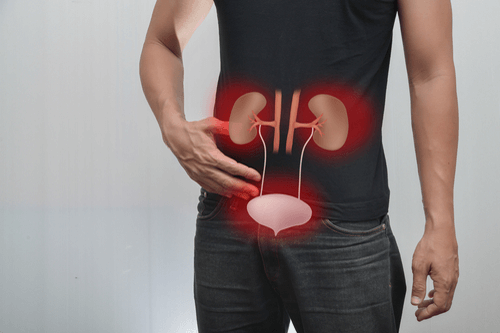 In cases where the kidney cyst does not interfere with the performance of the kidney and is asymptomatic, no treatment is commonly recommended. Nevertheless, imaging test should be conducted on a regular basis so as to evaluate any changes in the size of the kidney. In instance the cyst increases in size later, treatment might be required.
In cases where the kidney cyst does not interfere with the performance of the kidney and is asymptomatic, no treatment is commonly recommended. Nevertheless, imaging test should be conducted on a regular basis so as to evaluate any changes in the size of the kidney. In instance the cyst increases in size later, treatment might be required.
The treatment options for symptomatic kidney cysts are every bit follows:
- Puncture and drainage– This procedure is commonly executed under local anesthesia. This procedure involves the insertion of a long needle through the skin into the cyst. The fluid in the cysts is then tuckered with the help of the needle. The empty cyst is then filled with an alcohol solution and then as to prevent recurrence. This is also known as sclerotherapy.
- Surgical intervention– In cases where the cyst is big and symptomatic, a surgical removal of the cyst is planned. The surgery is planned through an endoscope. The endoscope has fine surgical tools and a small video camera fastened to it. The endoscope is inserted through small-scale incisions in the skin. The surgical tools are guided to the cyst with the help of a video monitor installed in the operating room. The fluid in the cyst is carefully drained and cyst walls are cut or burnt.
A brief infirmary stay might be required depending on the type of handling a patient undergoes.
The all-time preventive measure out includes lowering your salt intake and regulating your blood pressure. People with hypertension need to adopt a completely healthy lifestyle that includes post-obit a heart-healthy nutrition and monitoring your BP regularly.
References
- https://world wide web.niddk.nih.gov/health-data/kidney-disease/simple-kidney-cysts
- https://www.healthline.com/wellness/kidney-cyst
- https://world wide web.webmd.com/a-to-z-guides/kidney-cyst-causes-symptoms-treatments#ane
- https://medlineplus.gov/kidneycysts.html
- https://world wide web.medicalnewstoday.com/manufactures/318641.php
Facts
- As per the National Institute of Diabetes and Digestive and Kidney Diseases, unproblematic kidney cysts are observed in well-nigh 25% of individuals of the age effectually 40 years and l% of individuals of the historic period around fifty years.
Facts
- The body can function with simply 1 kidney.
- The kidney receives around 20% of the blood pumped by the heart.
Facts
- The kidney produces more or less 2 liters of urine after filtering most 180 liters of fluid.
- The kidneys exercise not fifty-fifty contain 1% of your body weight.
Subscribe to costless FactDr newsletters.
REVAMP YOUR
LIFE
HEALTH
WELLNESS

If y'all're enjoying our website, we promise you'll absolutely love our new posts. Be the commencement ane to become a copy!
Go factually correct, actionable tips delivered directly to your inbox once a week.
Nosotros hate spam too. We will never share your email accost with anyone. If you alter your mind later, you can unsubscribe with merely one click

By clicking Subscribe, I concur to the FactDr Terms & Conditions & Privacy Policy and understand that I may opt out of FactDr subscriptions at any fourth dimension.
Was this article helpful?
Aye No
Dos and Don'ts
Dos
- Go for regular investigations such every bit ultrasound, MRI etc. (as per your doctor's suggestions) in order monitor the condition of the cyst.
- Seek emergency medical care if the symptoms intensify.
Don'ts
- Ignore symptoms such as fever, dull pain in the back, upper abdominal pain, abdominal swelling, dark urine or blood in urine.
- Stop the antibiotic course in betwixt. Infected kidney cysts might lead to the spread of the infection or its recurrence.
- Self-medicate. Overdosage of certain pain-relieving medications tin can cause kidney damage.
Related Conditions
Trending Topics
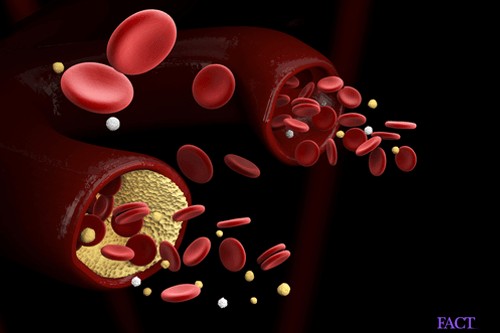
Ferritin Exam Ferritin test is a blood test that provides vital information on the level of RBCs and atomic number 26 in…

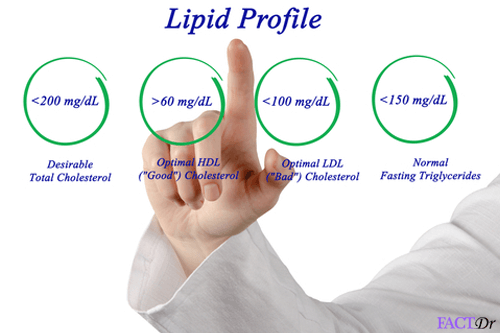
Lipid Profile Lipid profile is a blood test that provides consummate information on how much cholesterol is present in the…
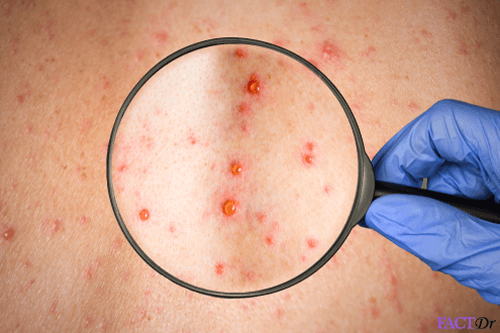
Rubella IgG Test The rubella IgG exam is a blood test that checks for the rubella virus IgG antibodies present in…
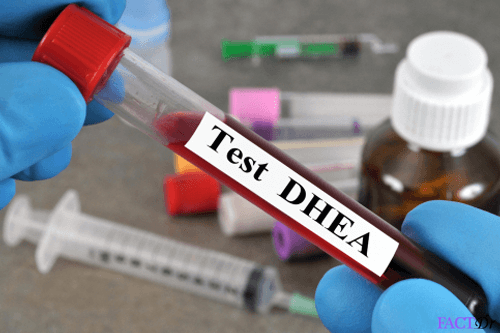
DHEA Sulfate (DHEAS) Test DHEAS or DHEA Sulfate exam is prescribed if an private shows symptoms of abnormal adrenal actvity such every bit…
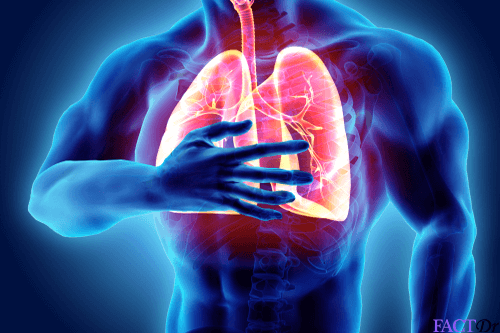
Pulmonary Role Tests Pulmonary function tests (PFT'southward) are non-invasive animate tests employed for diagnosing and monitoring lung diseases such every bit bronchitis
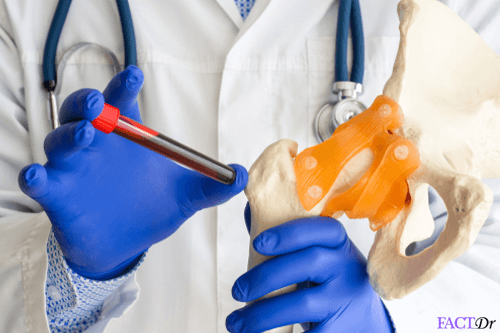
Rheumatoid Factor (RF) Rheumatoid factor or RF is a blood exam used to diagnose painful joint weather such as rheumatoid arthritis…
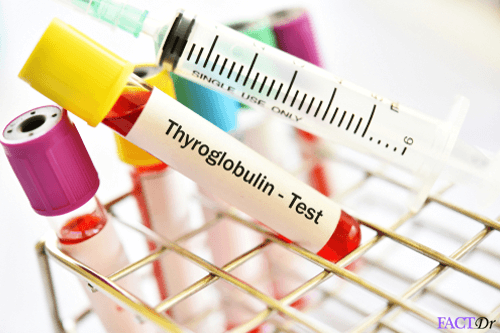


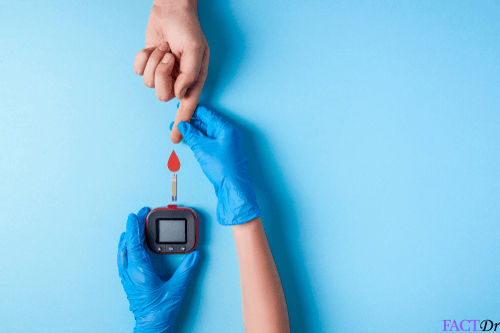
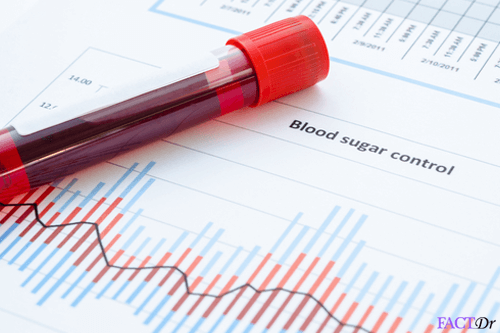
Random Blood Sugar Examination The random claret saccharide or RBS test is prescribed mainly to cheque the level of carbohydrate or glucose…
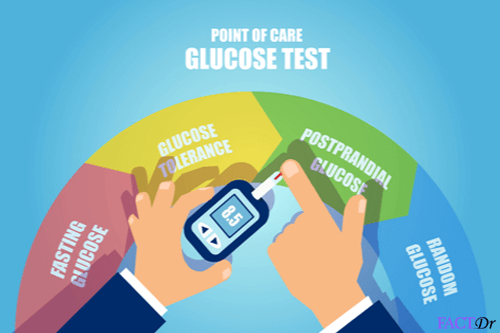
Post-Prandial Blood Sugar Postprandial blood sugar examination is an important diabetes diagnosing tool. This simple blood test measure out the level of…
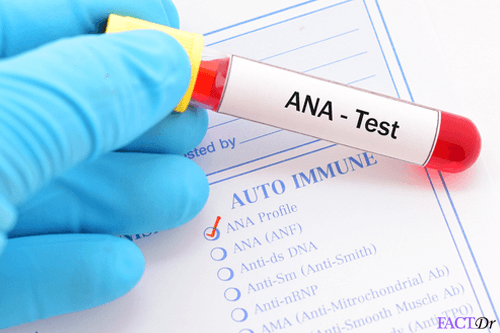
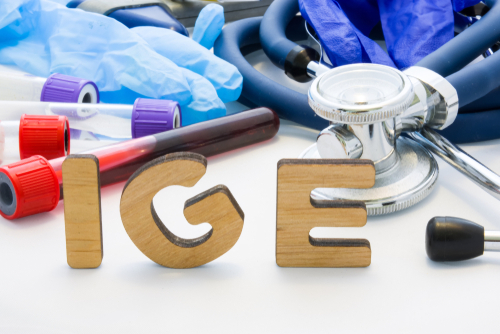
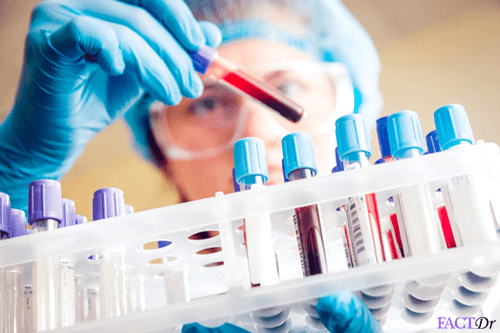
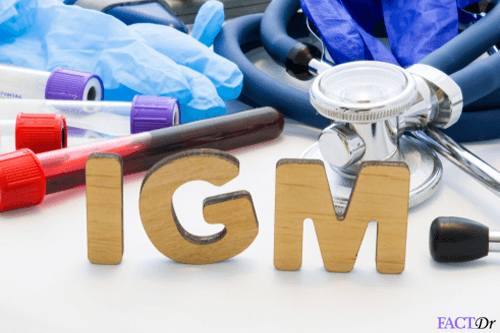
Immunoglobulin M Test Immunoglobulin M is the largest and the first produced antibiotic which helps in the prevention or fighting of…

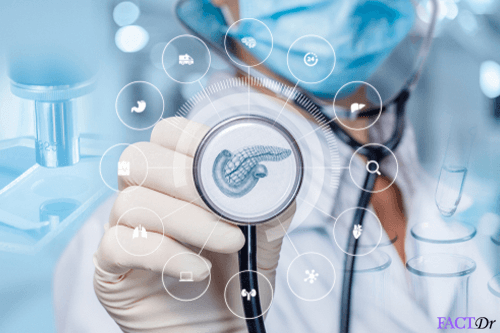
Amylase Exam Amylase test is done past checking the level of this protein in the claret sample and also in…
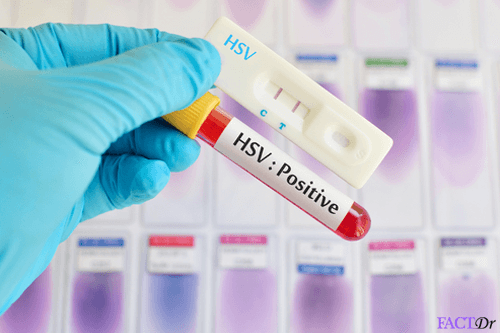

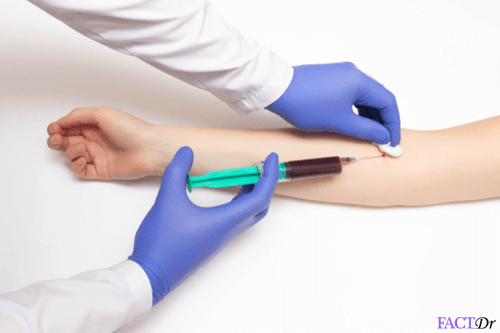
Erythropoietin (EPO) Test Erythropoietin stimulates the production of RBCs in bone marrow. An erythropoietin test is done to diagnose blood disorders…
![]()
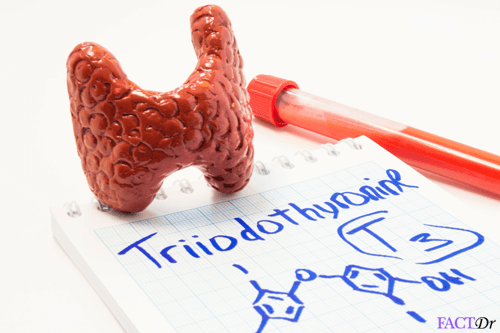
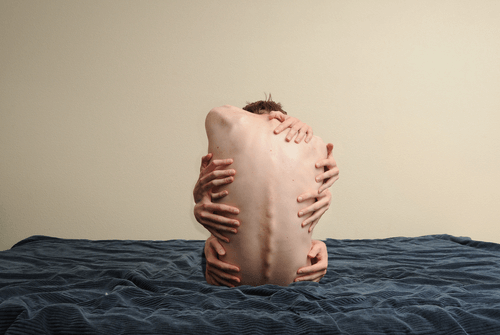
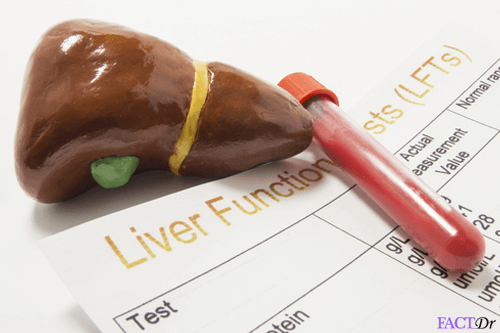
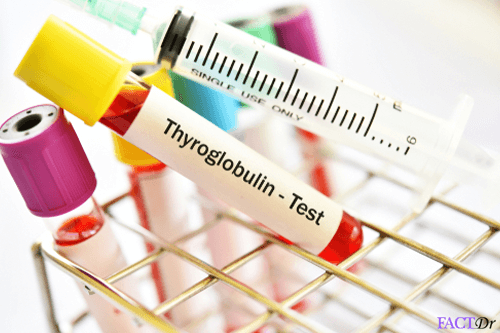
Thyroglobulin (TG) Test Thyroglobulin exam helps in measuring and monitoring the concentration of thyroglobulin. This test can be used equally a…

Folate examination The Folate test measures and monitors the levels of folic acid in the blood. This test is likewise…
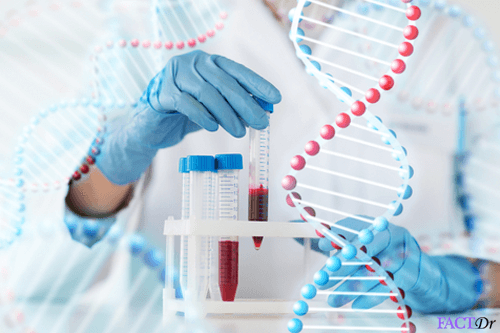
HLA-B27 test The HLA-B27 is a blood test that is used to determine the level of a particular protein called…

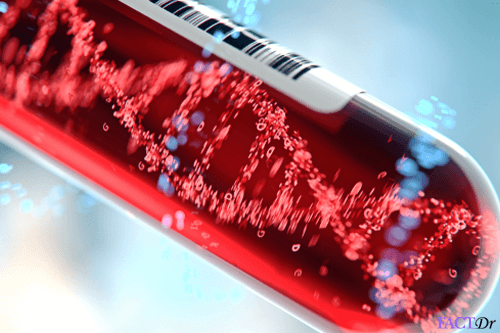
Anti Ds-Dna antibiotic Test The Anti Ds-Dna antibody examination is used to diagnose the affliction called lupus or more aptly the SLE(Systematic…

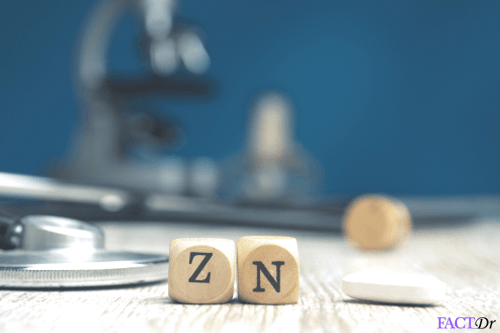
Serum Zinc Test The serum zinc test is a blood test performed to assess the zinc level in the blood (serum)…
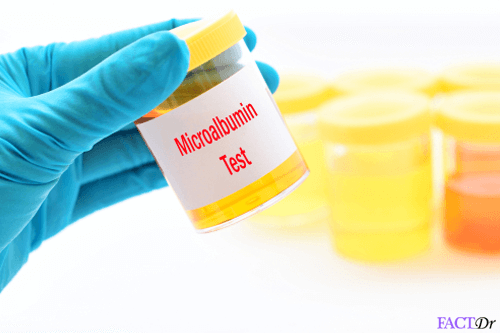
Urinary Microalbumin Test The urine microalbumin test is a urine exam that measures the level of microalbumin or protein in the…
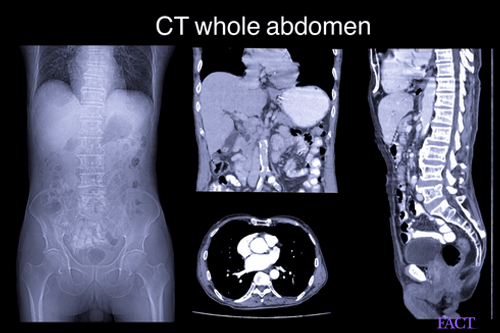
Abdominal CT scan Abdominal CT scan is a diagnostic imaging technique that provides a clear film of the state of internal…


Beta hCG Test A Beta hCG test measures the level of human gonadotropin hormones present in the blood that is primarliy…
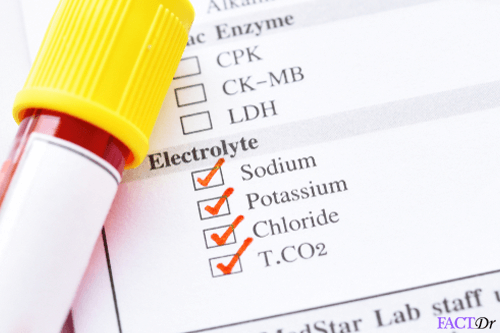
Serum Electrolyte If in that location is an electrolyte imbalance in the trunk, a serum electrolyte test volition help to find out…
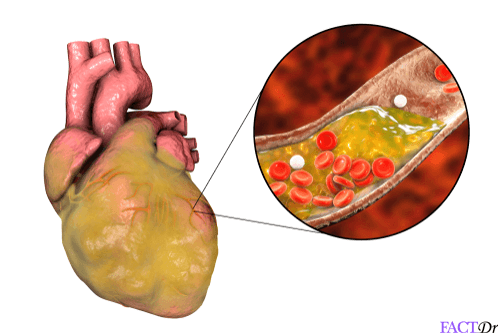
Lipoprotein (A) Test Lipoprotein (A) test is used to measure out and monitor the levels of LDL(Low-Density Lipoprotein) in the bloodstream in…

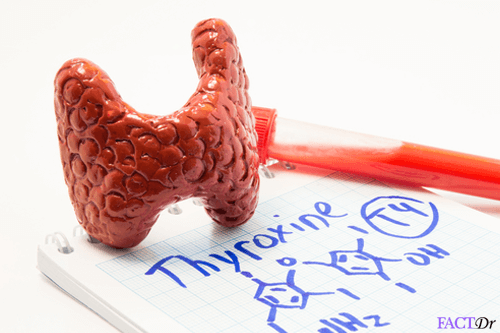
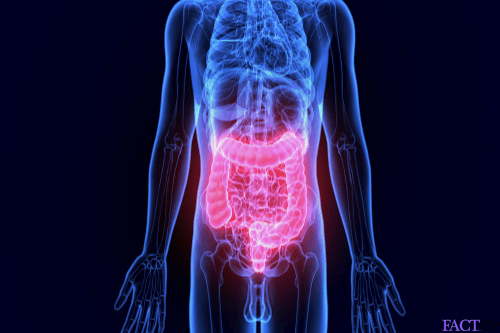
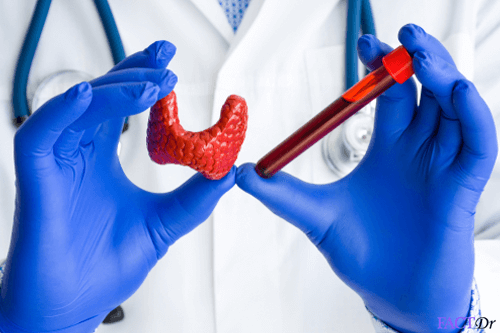
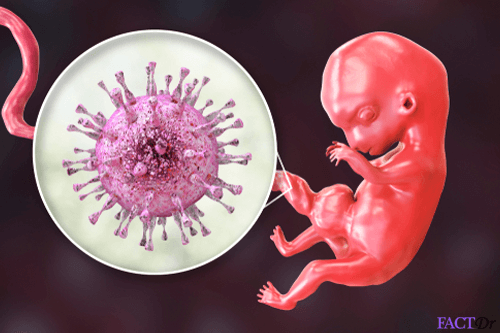
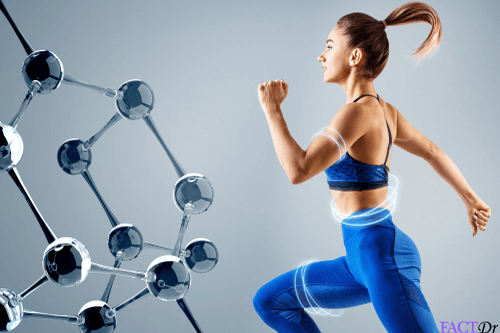
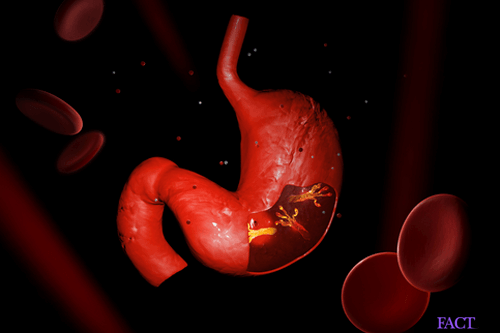
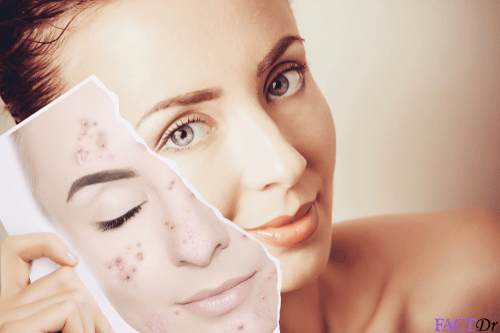

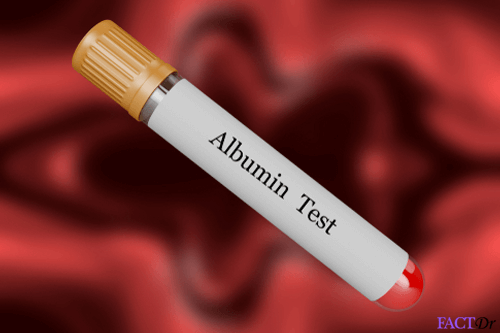
Albumin Test Albumin test or blood serum test is a liver part test that measures the amount of the protein…

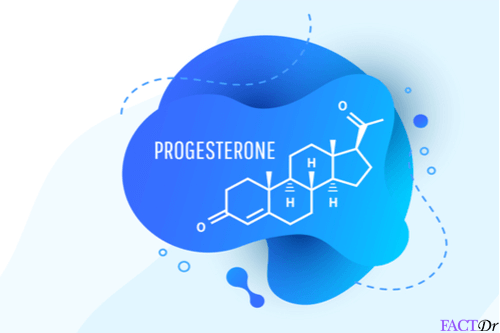
17 OH Progesterone test The 17 OH progesterone test is a uncomplicated claret test that is mainly used to diagnose the cause…
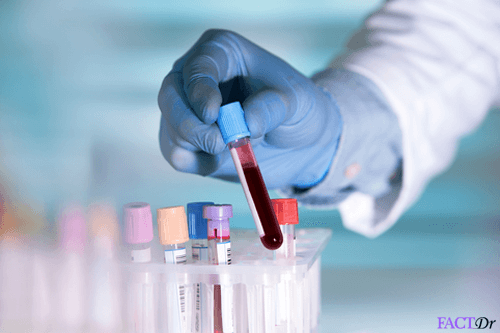
Beta 2 Glycoprotein ane IgM The Beta 2 glycoprotein one IgM test detects IgM class of antibodies in the blood.The presence of beta-2…
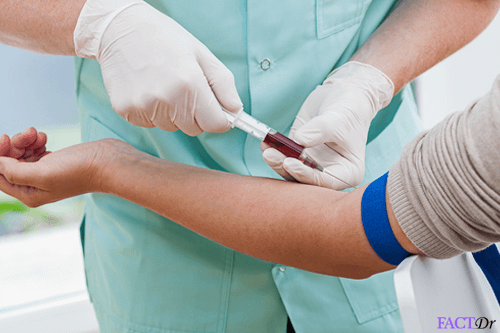

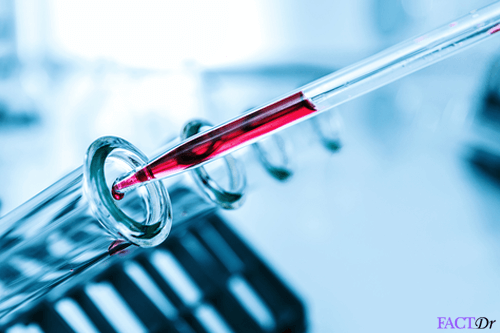
Beta 2 Glycoprotein 1 IgG Beta 2 glycoprotein 1 antibody test involves detecting and measuring the presence of the IgG class of beta…
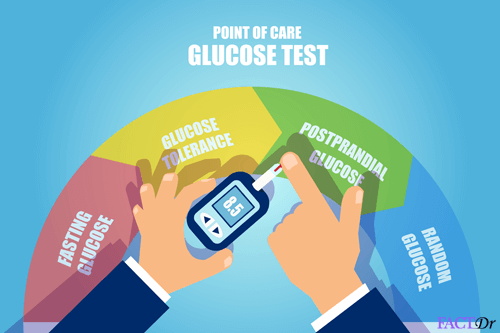
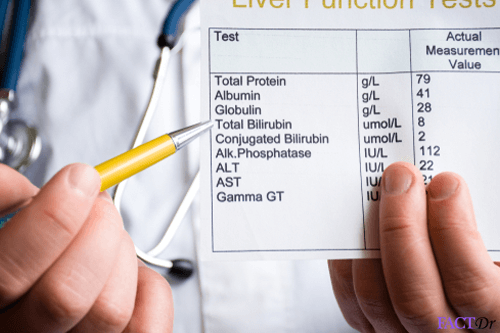
Bilirubin Test Bilirubin is a substance produced in the torso as a result of red blood prison cell breakdown. A bilirubin…
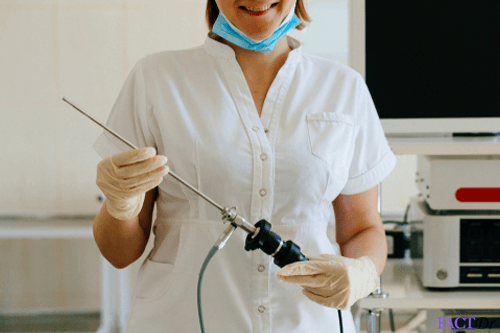
Cystoscopy Cystoscopy is intended to look at the abnormalities in the ureters, float, and urethra, to assist surgeries performed…

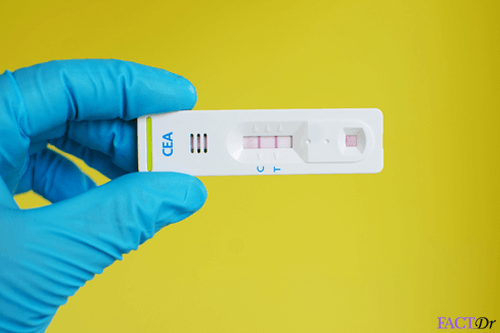
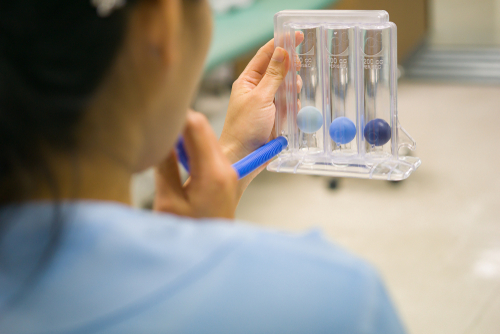
Sputum test Sputum test is a commonly used diagnostic tool that is used to examine the presence of pathogens in…
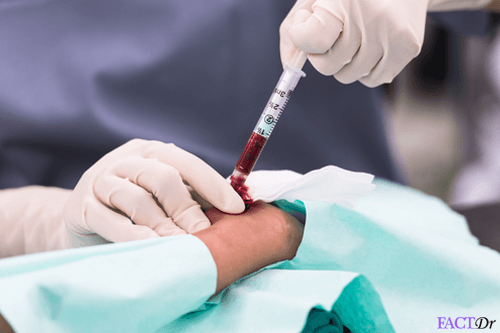
Arterial Claret Gas Assay Arterial blood gas analysis is a diagnostic procedure used to determine the volume of oxygen and carbon dioxide…

C-Reactive Protein Examination A CRP or c-reactive protein claret exam is an important diagnostic tool used to determine the take chances of…
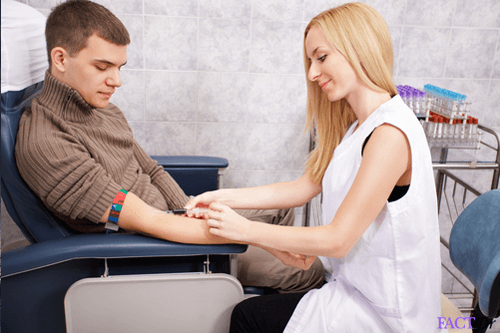
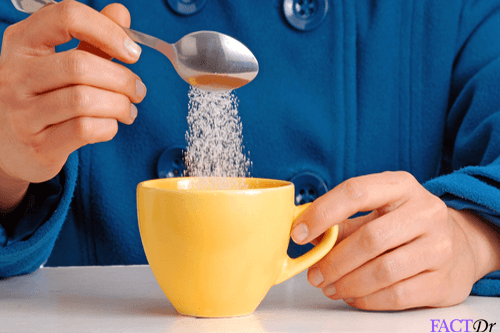
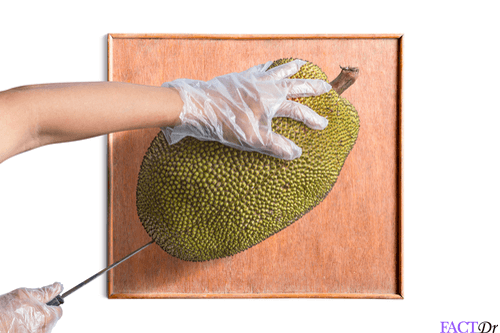
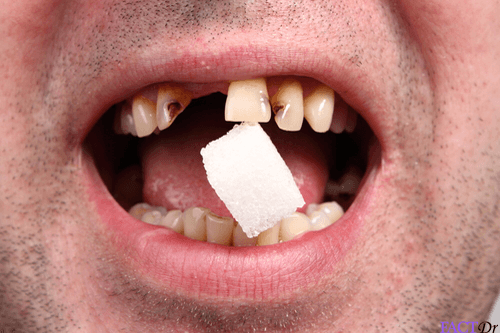


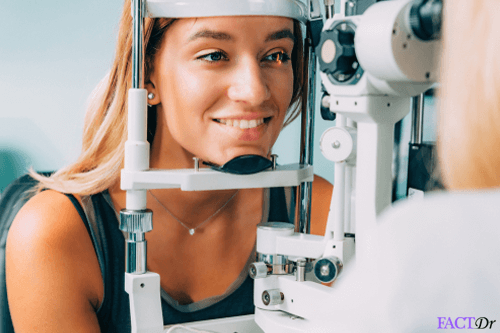
Tonometry Tonometry uses a device called tonometer to measure out the pressure inside the center. This pressure level is depends upon…
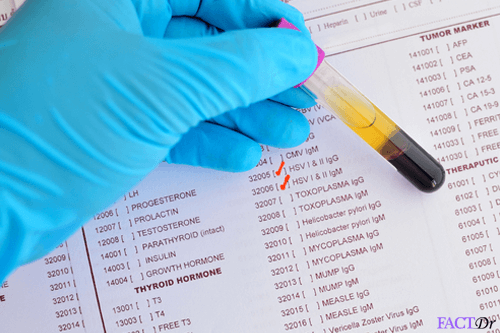
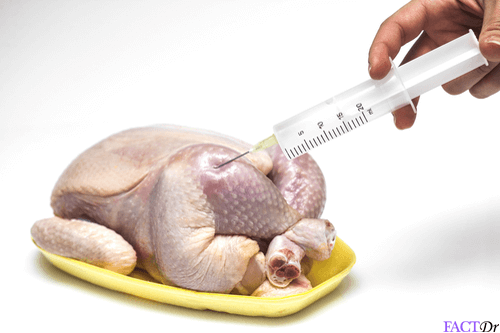

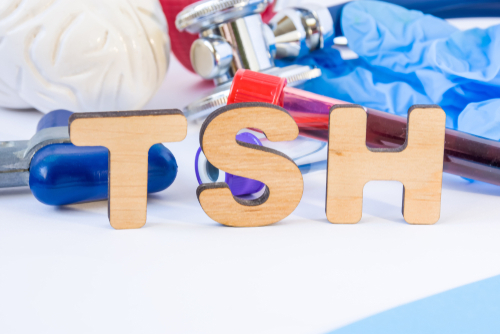
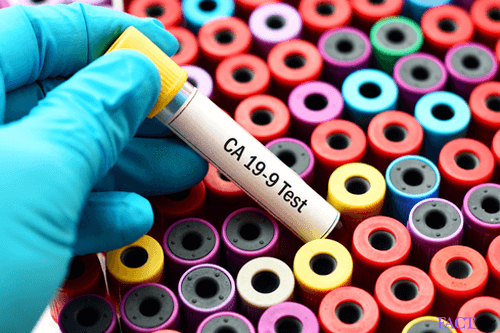
CA19.9 Test CA 19.9 is a cancer antigen that exists on the surface of cancer-causing cells. The levels of CA…
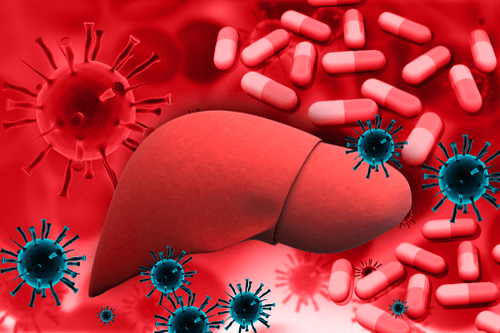
Hepatitis Contour A hepatitis profile or a hepatitis panel is a blood test that checks for markers of hepatitis infection…




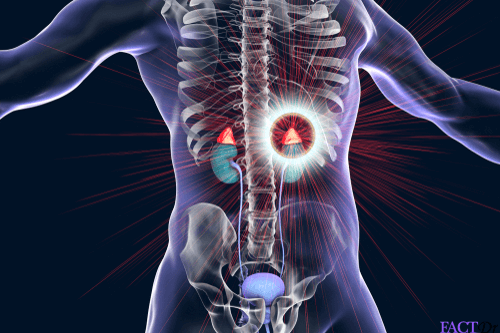
Androstenedione Exam Androstenedione is produced by the adrenal gland, the examination of the levels of Androstenedione helps in the evaluation…





Dengue NS1 examination Dengue NS1 is a blood examination used to make up one's mind the onset of dengue fever. Dengue fever is transmitted…

LP-PLA2 Exam The LP-PLA2 test is a examination which is carried out to assess the levels of Lipoprotein-Associated Phospholipase A2…
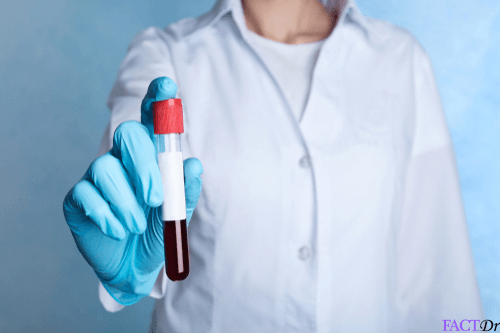
Copper Serum Test Copper serum test checks for abnormal levels of copper in the body. Both high and depression levels of…



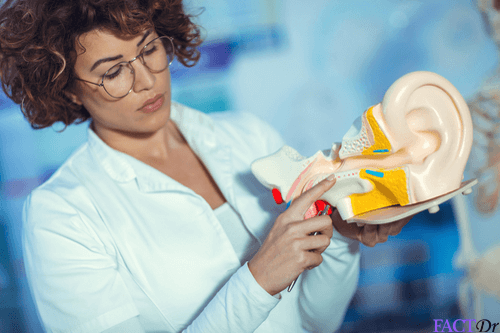
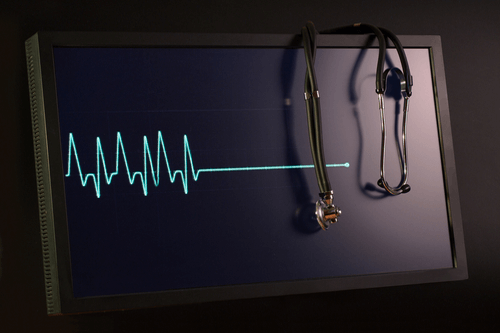
EKG – Electrocardiogram An electrocardiogram, abbreviated as an ECG or an EKG, measures the electrical activeness in the middle and used…

Colposcopy Colposcopy is a simple, quick and non- invasive diagnostic tool to look closely within the vulva, vagina, and…


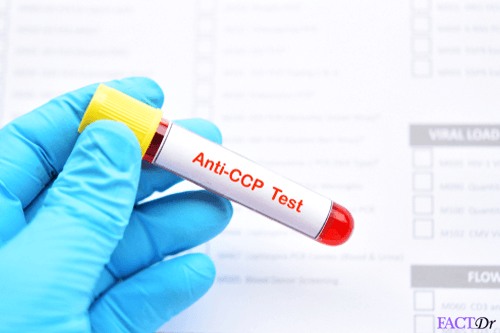

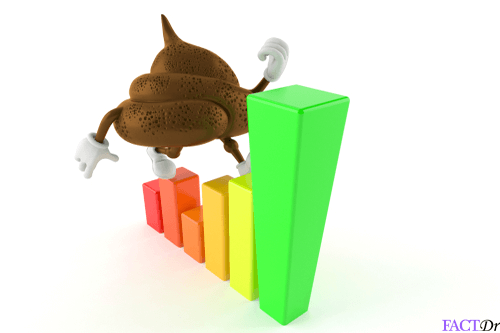

Vitamin B12 Test Vitamin b12 is an essential food required for salubrious functioning of the nervous system and besides development of…
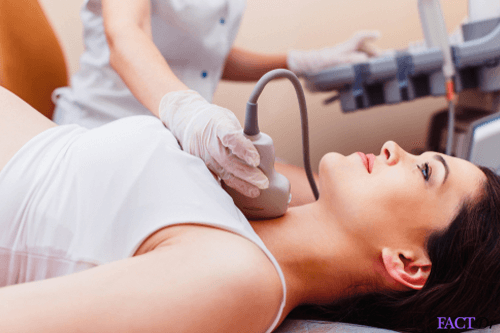
Thyroid Browse Thyroid scan is a diagnostic procedure that aims to view the thyroid gland and notice whatever growths or…
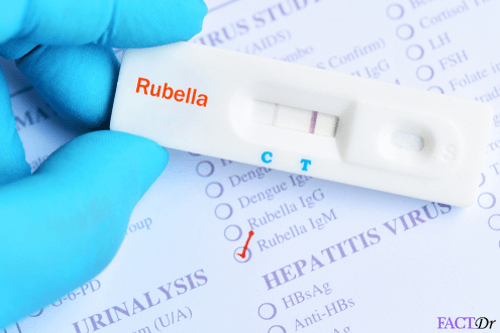
Rubella IgM Test The Rubella IgM examination is a blood test that is performed to diagnose the presence of the rubella…
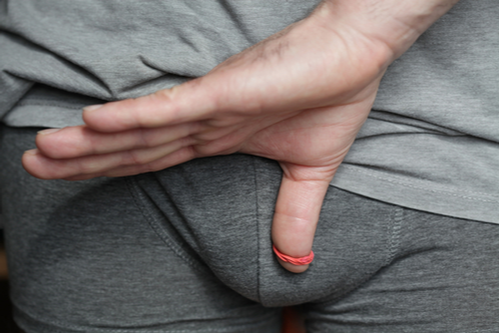
Phimosis Read to know everything about phimosis, types, symptoms, treatment, risks and prognosis for patients with this status.

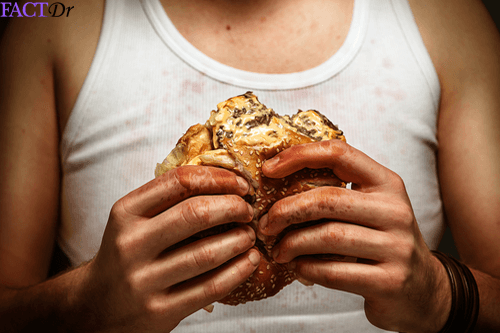


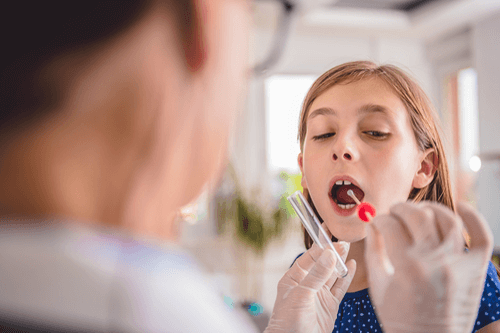
Anti-Streptolysin-O Exam The ASO or Anti-Streptolysin-O is a blood test designed to check for the presence of streptococcus bacterial infection…
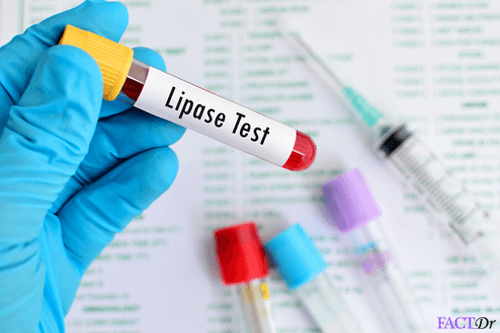
Lipase Test A lipase test is a claret exam performed to quantitatively measure out the level of the enzyme lipase in…
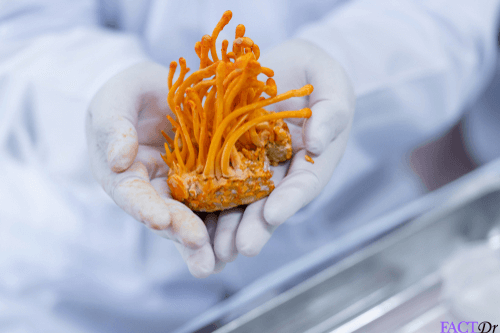


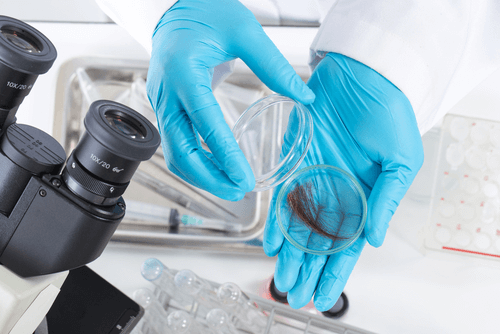
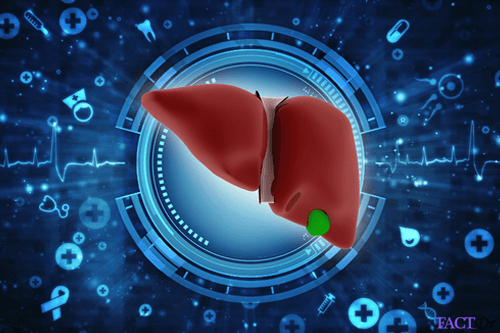
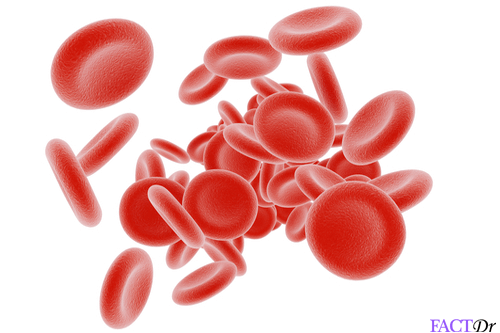
Atomic number 26 Deficiency Profile An iron deficiency profile is a bombardment of blood tests which are performed in guild to determine the…





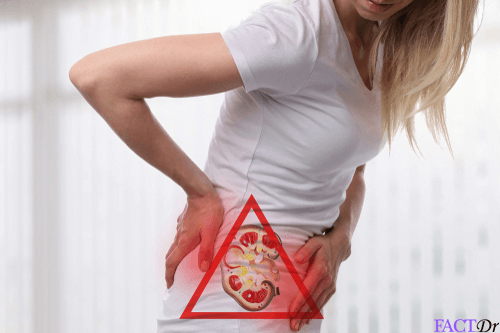




Barium Enema Barium enema is also known as colon 10-ray. Here, the patient is asked to consume small amount of…
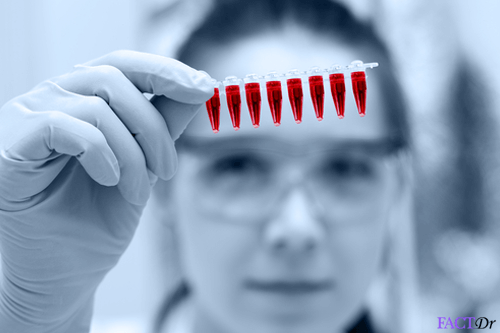
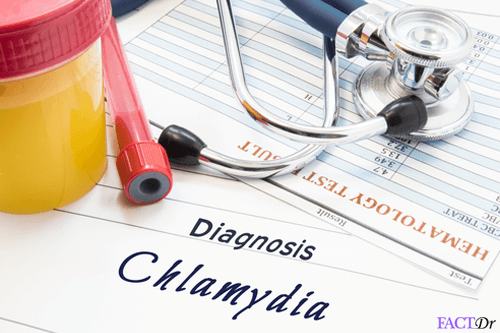

Leptospira-IgM Test A Leptospira-IgM test is a blood test which is carried out to detect anti-Leptospira IgM antibody. Leptospirosis is…
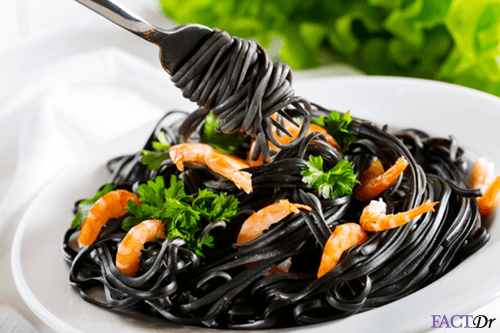


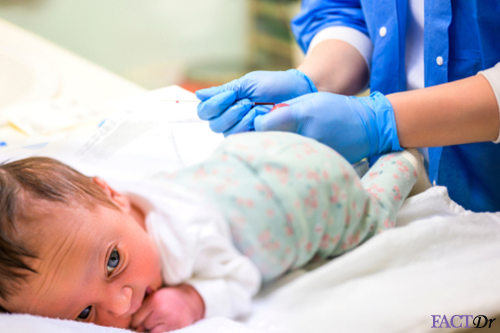
Newborn Screening Tests Check the most important screening tests for your newborn in the kickoff days later on nascency and its process,…

The features of an Optavia nutrition The Optavia diet endorses pre-packaged meals and snacks called "fuelings" that are tasty, low in calorie, and incorporates…

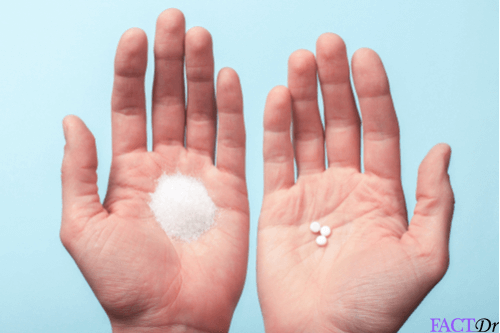






Bone marrow aspiration Bone marrow aspiration is a process where a sample of the os marrow is withdrawn from the bone…
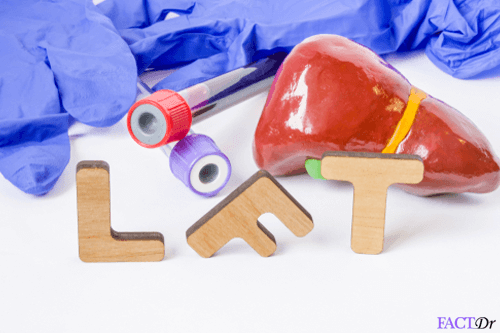

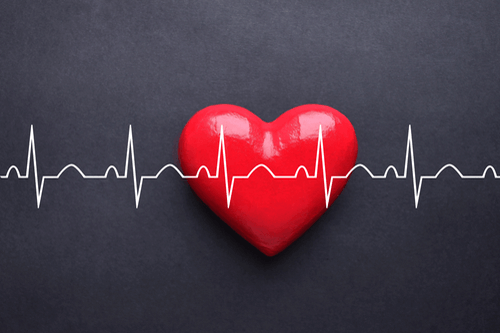
Cardiac Profile Cardiac contour is panel of blood tests performed to cheque cholesterol level and other heart disease markers to…
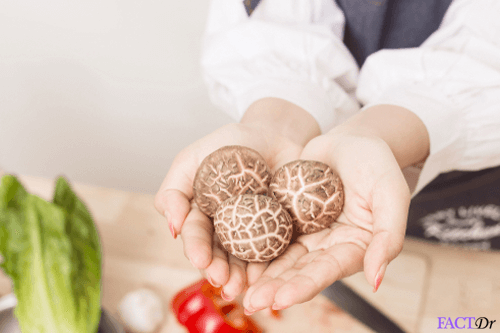

Hymenoplasty Read on to observe out all about hymenoplasty, the procedure, mail service-surgery care, the risks, and the benefits.
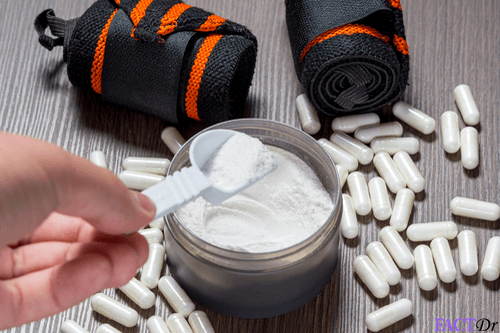


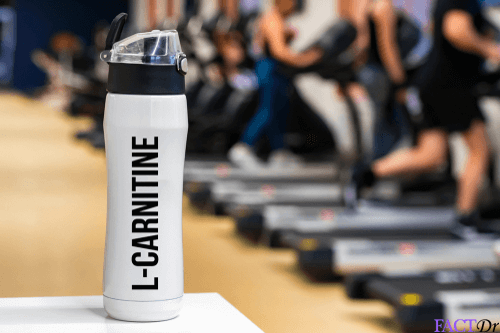




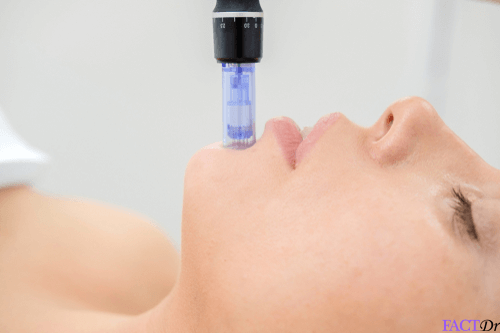
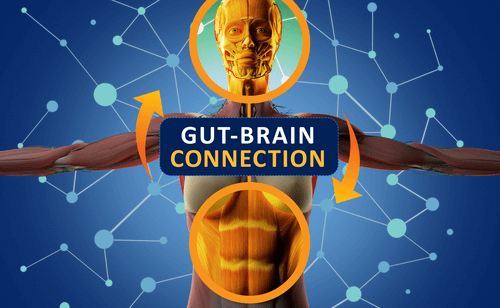
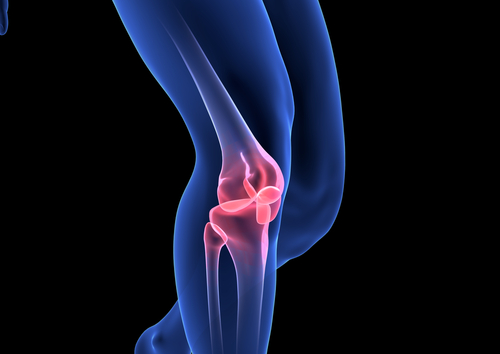
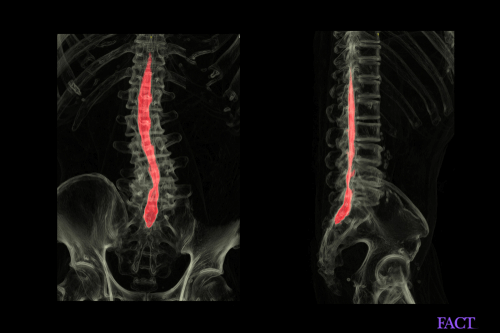
Myelography Myelography is an important diagnostic tool that is used to investigate and identify abnormalities in the spine and…
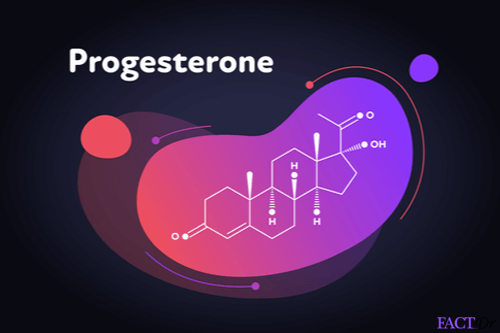
Progesterone examination The progesterone exam is a claret exam used to determine the level of hormone progesterone in the blood…

Malaria Antigen Exam A malaria antigen test is a rapid diagnostic exam (RDT) that can detect malarial antigens (proteins) in your…

Anemia Profile Anemia Contour examination (Bones) is a claret screening test that measures the levels of important components of the…

Blood Ketone (D3HB) Test The Blood Ketone Test measures and monitors the levels of ketone in the claret which is usually performed…

Ureteroscopy Ureteroscopy is the diagnostic process which is used for the detection of the kidney stones in improver to…


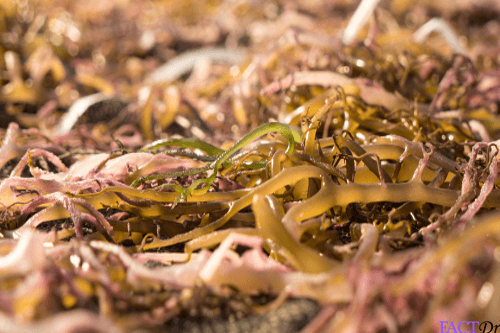



What Is The Average Size Of A Kidney Cyst,
Source: https://factdr.com/health-conditions/kidney-cysts/
Posted by: ornelasevines43.blogspot.com


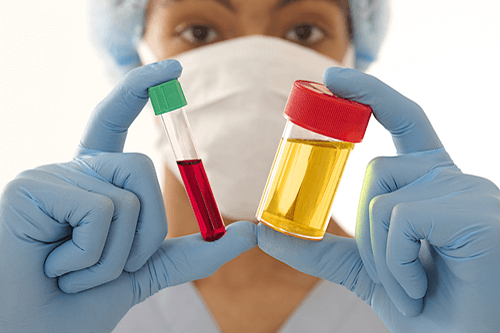
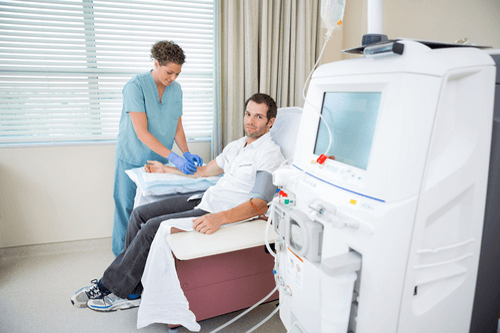
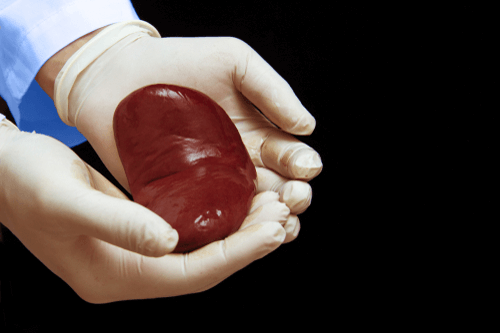
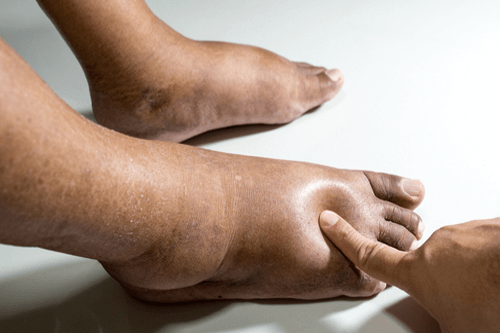

0 Response to "What Is The Average Size Of A Kidney Cyst"
Post a Comment